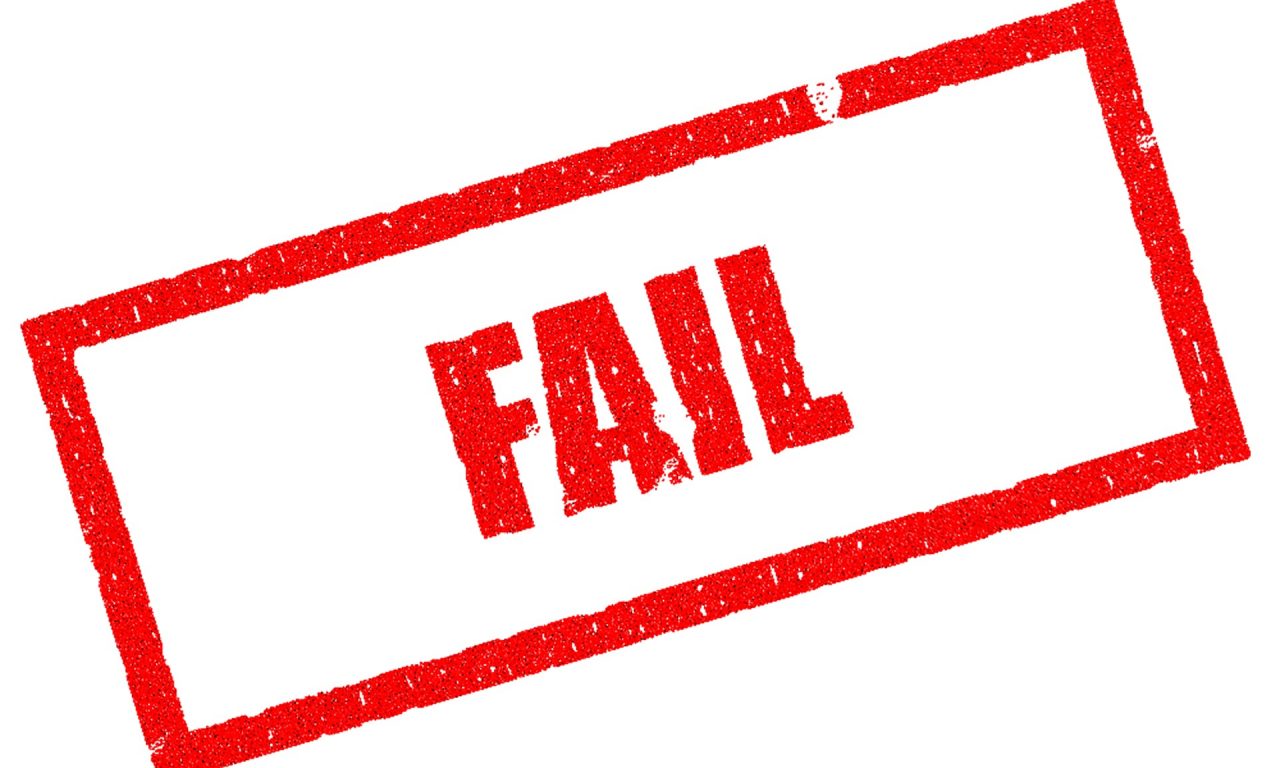CEOs almost always have grand visions for their startups.
They’re not reselling used tires or manufacturing paint… they’re changing the world by changing how the world works for the better.
It all sounds great – visionary even – but many entrepreneurs can lose track of what they’re actually doing: running a business.
It’s all well and good, wanting to change the world. In fact, it’s what’s propelled some of the most successful CEOs in business to the positions they enjoy today. But it’s not something that vast majority of startups ever achieve, or CAN ever achieve. Not every company can be the next Apple or Tesla: it’s just not how the world works.
Startups, however, can become deluded about their importance. Sure, they’ve landed half a million dollars in venture capital, but that doesn’t mean that they’re on the way to greatness: it just means that they’ve got a viable product that might make a profit. The company could go on to make a fortune, but the chances are that it won’t. And that’s okay.
Startups, however, don’t have this matter-of-fact approach to their business. Often they can become so whipped up by their own marketing material that they cease operating effectively. It’s a terrible burden.
There are all kinds of other ways that startups can crash and burn. Let’s take a look at some of them.
Failing To Outsource Where Necessary
There’s a reason managed IT services are popular right now: they take away the responsibility of managing a computer network and hand it over to somebody else. Too many startups try to do all their computing in-house, end up spending all their money, and then losing all their data anyway. When it comes to IT, it’s always cheaper to get it taken care of by somebody else.
Hiring For Weakness
Startups aren’t charities. They don’t exist to provide lonely, lazy people with somewhere to work. Startups are businesses, and they need to be able to compete with other firms in the market.
The problem many CEOs face is demands from people to give them work. Friends and family don’t like their current job or don’t have a job at all, and they expect you to provide them with a job because you’re in a position to do so. Unfortunately, you’re not. And if you do, you could bring down the whole company and lose investors’ money. It’s not worth it.
Failing To Test A Product
Product testing is all about finding out how many people will buy your product. Some startups conclude that if two out of ten people enjoy what they offer, then they have a market they can target. Not true. For a product to be successful, it has to have an appeal to people in general. Only then will some of them believe it worth their while to spend money on it. You need everyone to see the value in what you’re doing.
Scaling Too Soon
Finally, many entrepreneurs believe that their sole job is to scale the company. That’s fine, and the thing to do…. but only AFTER you prove your concept. After you get your first customers, and prove your cost structure. No business with an excellent product fails because it doesn’t scale fast enough, but they fail all the time for scaling before they’ve proven the concept and numbers.
If you scale too soon, you may find that your reputation ends up taking a bit… and this is the last thing you need. Look into Google reputation management if this has happened to you.
Not Looking After Employees
It’s not just training that you need to be aware of though, it’s the fact that you need to take care of your employees while they work for you. Their physical and mental health are important, and you need to be treating it as such. For example, you should try your best to offer personalized employee care so that everyone feels as though they’re being individually supported by your business. If you focus on this and nurture your employees, they will return this to your business tenfold.
Avoiding Project Management Consulting Services
Businesses often fall prey to the trap of forgoing project management consulting services when needed, missing out on their valuable expertise to streamline processes, identify risks, and ensure objectives are completed on schedule. Without their expertise, projects could become disorganized, overrun budgets, or fail to meet expectations. Investing in professional guidance can save time, reduce stress levels, and lead to successful project results. Ignoring it could stymie growth and keep your business from realizing its full potential.
Lack of employee training.
Providing your employees with access to training schemes or programs is integral to the success of your startup. This is due to the simple fact that adequate training makes your employees better at what they do – while also ensuring that you uphold all health and safety regulations within the workplace. As a result, your customers will be happier, and your company will begin to grow at a quicker rate.
However, while many companies may develop their own training program over time, many start-ups simply do not have the resources (or the funds) to put together a program right away. Fortunately, this does not mean that employee training is out of the question – you simply need to ensure they receive training elsewhere. For example, you can sign your employees up for Fire Safety courses run by 3rd party training firms that specialize in it – so you don’t have to.
This is a contributed post.
Discover How We Help Startups Scale To 100,000 Users And Beyond.
Enter your info below, and we’ll send you a complimentary white paper that shows you exactly what you need to do to scale your startup.

